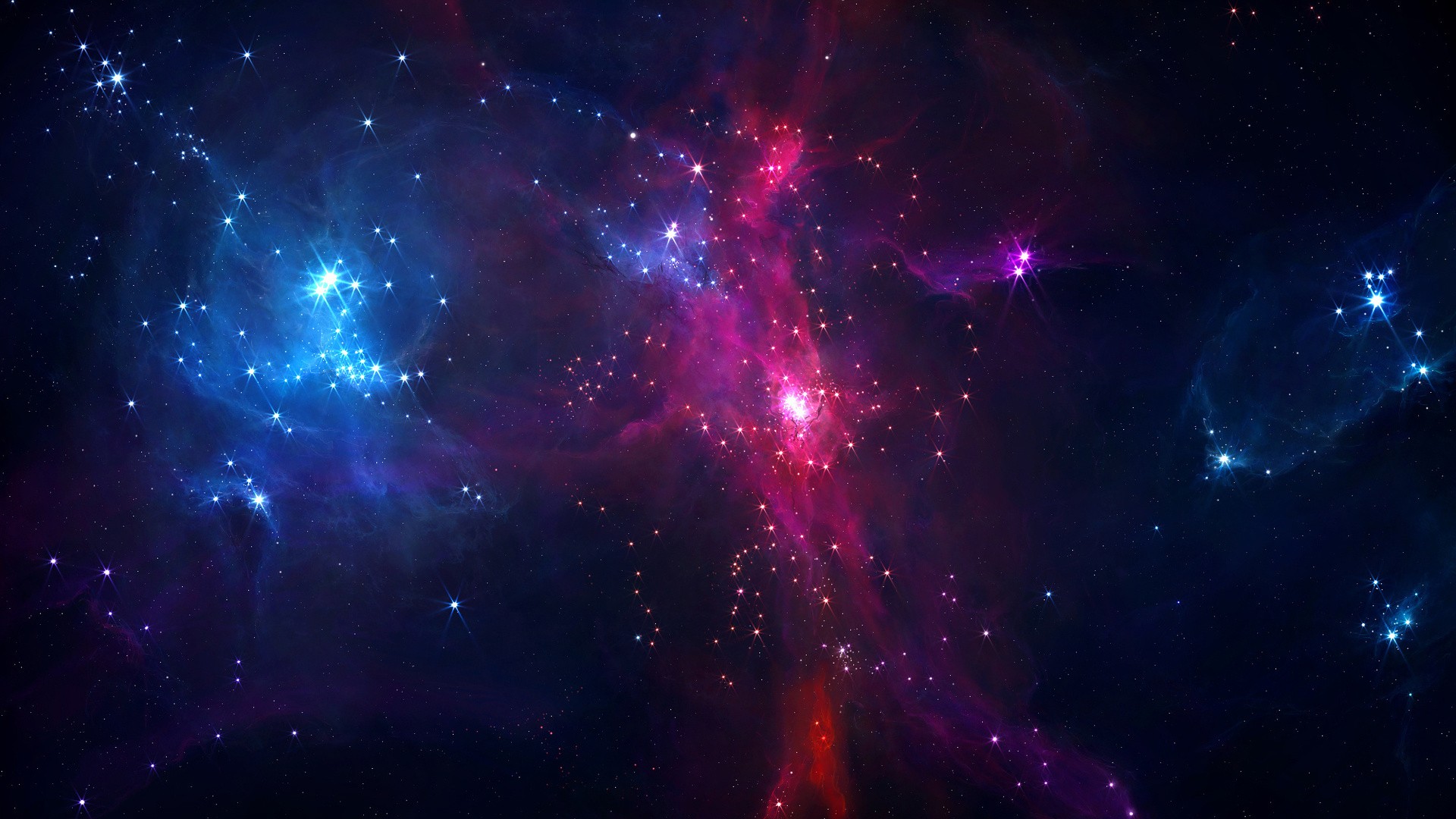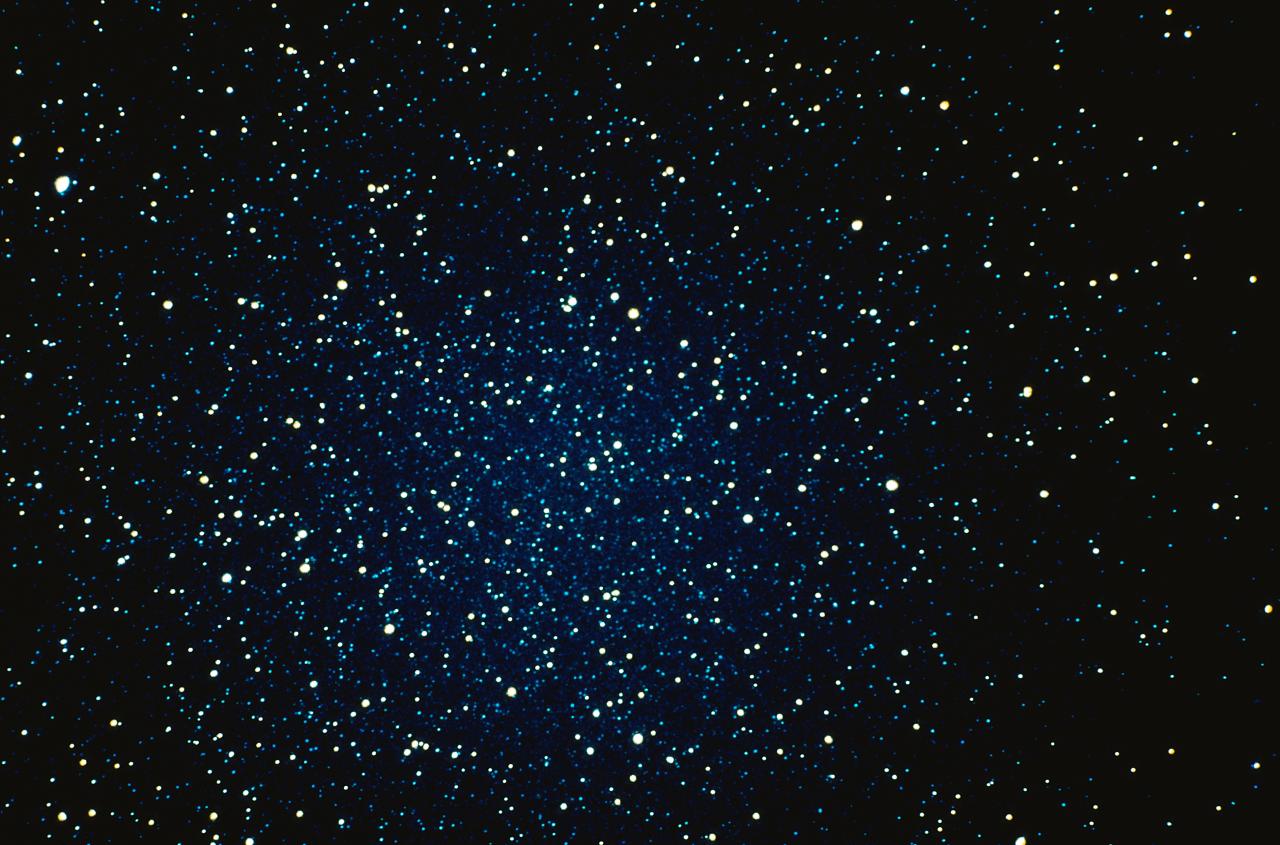
A Japanese team is testing a small prototype space elevator. The pair of satellites will be released from the ISS and a container acting like an elevator car will be moved on a cable connecting the satellites using a motor.

Key to the mission is NASA’s Ice, Cloud and land Elevation Satellite-2, which will use the laser instrument to measure - within the width of a pencil - the amount of land ice elevation changes in Antarctica and Greenland.

Hubble Space telescope snapped a series of stunning images of auroras dancing in the sky. The observations were taken before and after the Saturnian northern summer solstice.

Two years after launch, NASA’s OSIRIS-REx spacecraft has snapped its first pictures of asteroid Bennu, setting the stage for a cautious approach designed to put the probe in orbit around its quarry on New Year’s Eve.

In addition to the Space Launch System (SLS) and the Orion spacecraft, NASA have teamed up with Lockheed Martin and other contractors to develop the Deep Space Gateway.

The international research team found that magnetic field reversals could happen much more rapidly than the thousands of years previously thought to be needed.

Fears are mounting that the catastrophic “Big One” earthquake could rip through California, after 70 quakes rocked the deadly Ring of Fire in just 48 hours.

Using data from NASA's Moon Mineralogy Mapper instrument, scientists have identified three specific signatures that definitively prove there is water ice at the surface of the Moon.

MIT researchers have found the quasar, PKS 1353-341, is simply so bright it drowns out the light from hundreds of galaxies in a surrounding cluster.

Scientists have shown that water is likely to be a major component of those exoplanets which are between two to four times the size of Earth. It will have implications for the search of life in our Galaxy.

International team of scientists have discovered the unusual evolution of the central star of a planetary nebula in our Milky Way. This extraordinary discovery sheds light on the ultimate fate of the sun.

Scientists directly observed the signal of iron and titanium atoms in the atmosphere of an exoplanet 600 light-years from Earth, a new paper reports.

Excavators have started digging out rock to make way for the foundation and pier that eventually will support the Giant Magellan Telescope atop the 2,500-metre (8,200-foot) peak in the Atacama Desert in Chile.

The US space agency launches a probe that aims to travel closer to the Sun than ever before.

Recent observations by NASA's Hubble and Spitzer space telescopes of ultrahot Jupiter-like planets have perplexed theorists. The spectra of these planets have suggested they have improbable compositions.